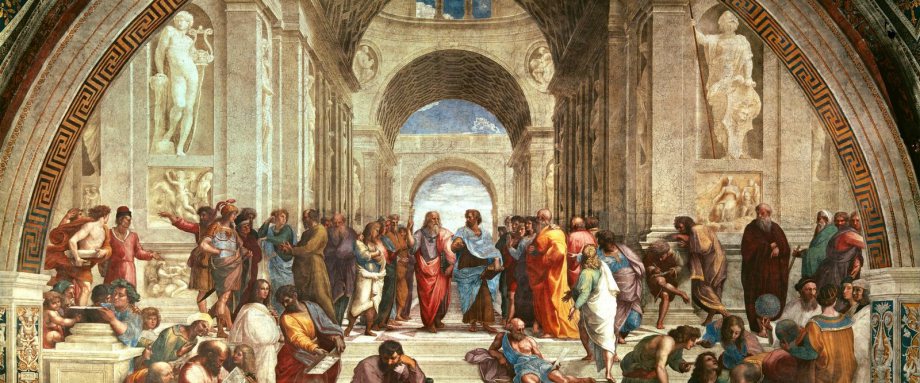“For he who is excited by anger seems to turn away from reason with a certain pain and unconscious contraction; but he who offends through desire, being overpowered by pleasure, seems more intemperate and more womanish on his offenses” – Emperor Marcus Aurelius
During my time in the Red Pill community, there have been an eclectic variety of philosophical and religious debates ranging from individuals who are practicing Buddhists, Roman Catholics and Muslims, to a smaller degree. Recently however, I have begun noticing an added interested in the early Greek school of thought, Stoicism. Seeing that I began seriously delving into Stoicism a couple years back, I decided to give a write-up on the philosophy’s history, components and how it can benefit men today. The content would be broken up into 3 posts as to make it much more digestible for you the reader.
History of Stoicism
Stoicism is an ancient Greek philosophical movement that was founded by Zeno of Citium and then officially formed by the three heads of the philosophical school and their pupils and associates, known as Old Stoa, during the Hellenistic period of 3rd century BC. The Old Stoa referred to Zeno of Citium, Cleanthes and Chrysippus. The term “stoic” derives from the porch (stoa poikilê) in the Agora at Athen decorated with mural paintings, where members of the school gathered and lectures were held. The philosophy was created in tandem with the ideas of Cynicism where Cynics preached the idea of rejecting all conventional desires for health, wealth, power and fame, and living a life free from all possessions and property. Zeno and Citium, a student of a Cynic, created Stoicism based on many of the Cynic’s beliefs but toned down many of the principles with real-world practicality where self-control was used as a means of overcoming destructive emotions. As such, the movement was not looked at as solely a belief system or set “commandments” but rather as a way of living ones life. Virtue in agreement with nature was seen as essential to live a life of purpose, which meant that it only called for the bare necessities to exist.
Since the Old Stoa members did not produce complete bodies of work, the philosophy was kept alive through students who were taught by founding members and related teachers. However, in later years, the philosophy met its peak acclaim with the published works some of the most popular Roman Stoic philosophers: Emperor Marcus Aurelius, Seneca and Epictetus. These philosophers’ work then began to be the driving point of modern Stoicism and this further cemented these individuals as some of the most important philosophers throughout history.
With regard to the philosophy’s founding thought, Stoicism saw humans as interdependent with nature, describing logic as the bones and sinews, and ethics and physics, the flesh and soul respectively. This connection with nature is one of the four central ideas that the philosophy abides by, all four (4) being:
- Value: The only thing that is truly good is an excellent mental state, identified with virtue and reason. External things such as money, success, fame and the like can never bring man to true happiness.
- Emotions: Emotions are a projection of our judgements and many of our negative emotions are based on mistaken judgement, but because they are due to our judgement, they are within our control.
- Nature: The philosophy emphasizes that man ought to live in harmony with nature- meaning that we must acknowledge that we are but small parts of a larger, organic whole that is shaped by large processes that are ultimately out of our control.
- Control: Much of our unhappiness is cause by confusing the things in which we can control (judgement and mental state) and things we cannot (external processes and objects). Therefore, in light of the other central ideas of stoicism, we should not let the latter dictate our happiness but should focus on the things we can indeed control, as this will bring us true happiness.
Sunday I will be posting part 2 of the series which will focus on the ethics and ideologies of Stoic’s founding members and its evolution throughout history.
